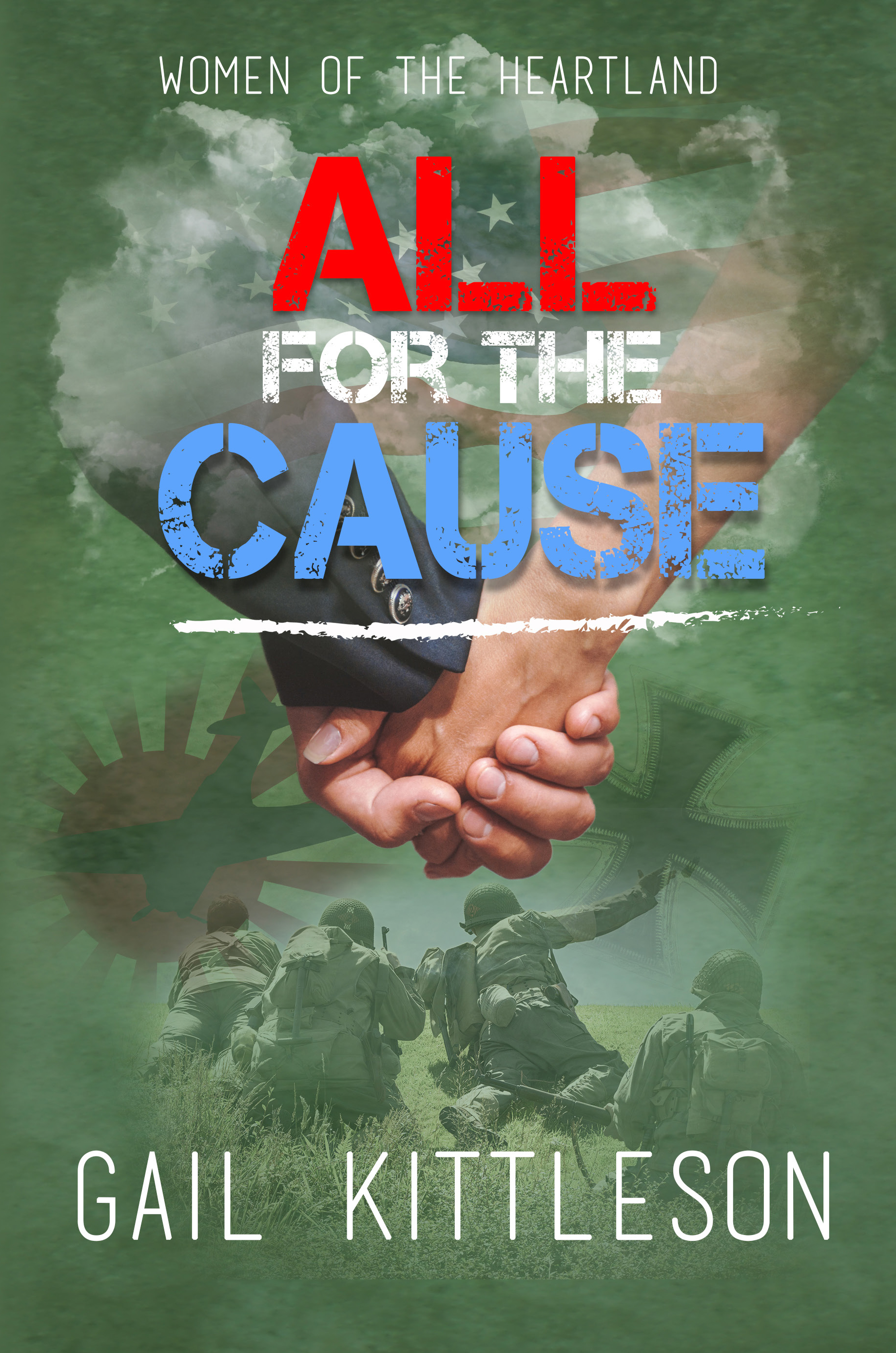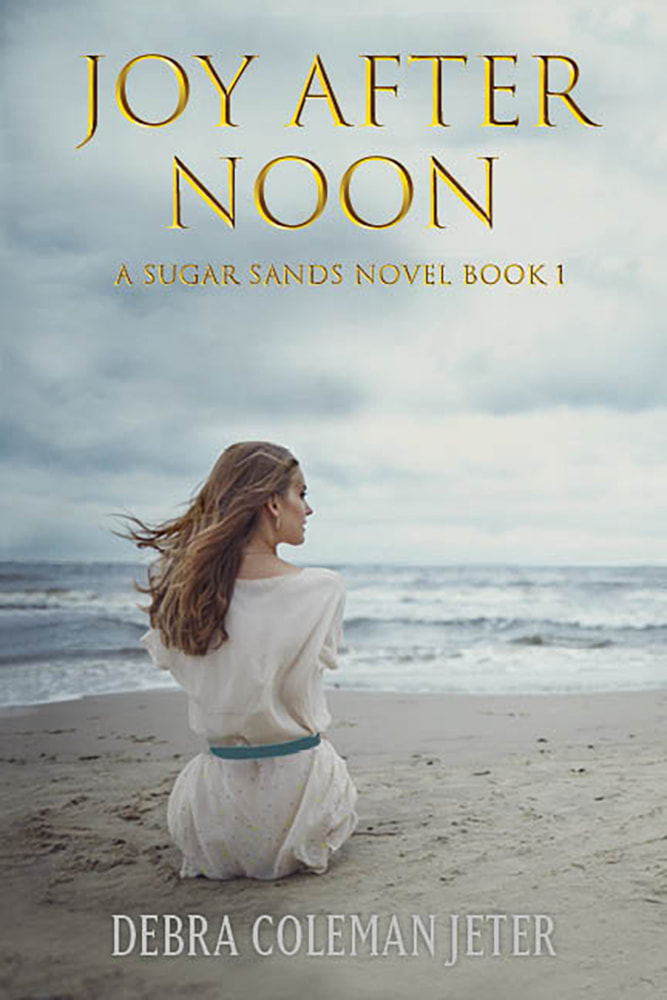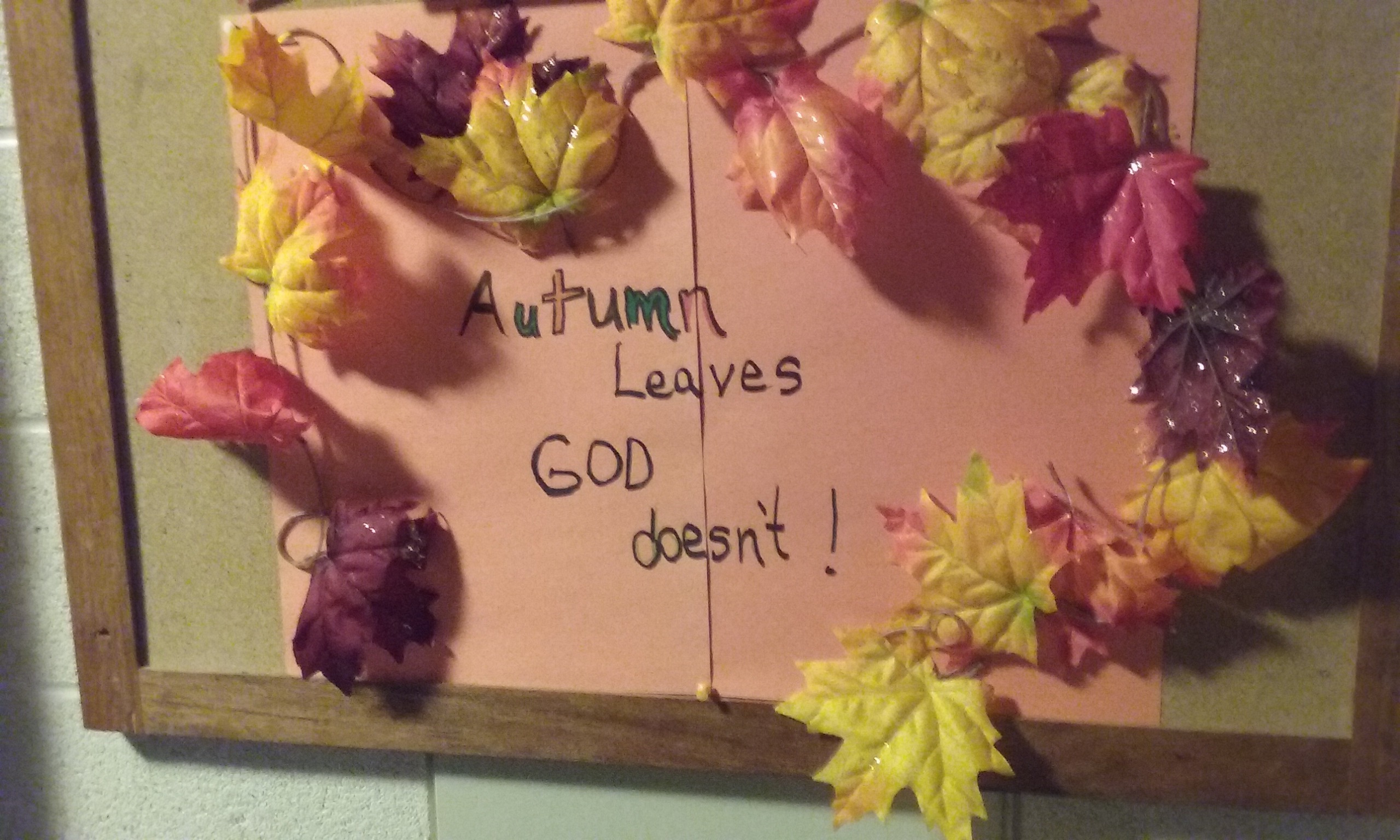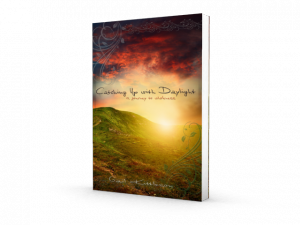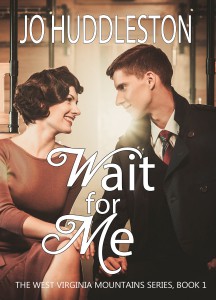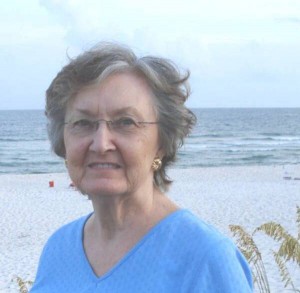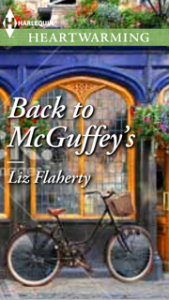Welcome, Shannon, and guests! Here’s something special to commemorate the Heartsong Presents line since it’s ending this month. Comment to enter the drawing for a copy of Rodeo Reunion. Ten copies will be split among names drawn during my blog tour from June 1st – July 1st. One winner will receive a baseball themed memory board personally crafted by the author. Winners will be revealed on the author’s blog on July 22nd.
And now, here’s Shannon with some useful writing tips.

Feelings, whoa whoa whoa, feelings . . .
Anybody remember that song? Yes, I’m showing my age, but I thought it might grab your attention. The main way I add depth to my characters is through emotions. Feelings bring characters to life. I reveal feelings through reactions, both visceral such a jaw tic and physical such as clenched fists to show anger.
Another great way to reveal feelings is through internal thoughts—the things characters don’t say. So many times I think things I’ll never say. Often because my thoughts are rude, selfish, or too vulnerable to reveal. Characters need to have those thoughts too.
Our feelings, reactions, and internal thoughts are all shaped by our unique backstories. The people who raised us. The people surrounding us as we grew up. The things that happened—good and bad—in our lives. The place we grew up. Life-altering events—it all makes us who we are. Our backstories shape our reactions, emotions, and thoughts.
By basing a character’s feelings, reactions, and internal thoughts on their backstory, everything they feel, think, say, and do rings true. Yes, there are very writerly rules about backstory dumping. If you start the book with everything that happened to your character since birth, the reader won’t get very far.
We have to make the reader care about the character before they will care about what made them the way they are. The best advice I learned on backstory is to sprinkle it lightly like salt. A line or two here. A line there. Just enough to make the character reactions understandable.
Another great piece of advice—reveal your character’s backstory like you reveal your past to a new acquaintance—a little at a time as the relationship deepens. When you first meet, you reveal little, maybe your job, whether you’re married or not, and how many children you have if any. The next time, maybe you talk about your parents and siblings. It takes months to reveal some things about yourself, years for others, and some things you never reveal.
Characters should be the same way. Readers don’t need to know every little thing about them. Just the important stuff that shaped them and only over time as they get deeper into the book and in a deeper relationship with the character.
Here’s a fun way to tackle backstory form the movie, Tangled:
Rapunzel: “So Flynn, where you from?”
Flynn: “Whoa, Blondie, I don’t do backstory. But I am very interested in yours.”
But she doesn’t want to spill either. Later, after practically everybody in the kingdom is chasing them, Flynn fights off guards and a horse, and lots of destruction, they end up in a cave which is slowly flooding. Trapped and thinking they’re going to die, Rapunzel apologizes for getting him into this mess. In a vulnerable moment, Flynn reveals his real name—Eugene Fitzherbert and how he became Flynn Rider, the thief.
Characters don’t necessarily have to be trapped and on the verge of dying to get their backstory out. But their backstory should be revealed slowly as the reader needs to know it and organically to fit the story. Divulge the bulk of it well into the tale—after your reader is rooting for your character.
If every feeling, thought, and reaction the character has is shaped by their backstory, the character leaps off the page, three dimensional, and full of depth.

Central Arkansas author, Shannon Taylor Vannatter is a stay-at-home mom/pastor’s wife. She lives in a town with a population of around 100, if you count a few cows, and once climbed a mountain wearing gold wedge-heeled sandals which became known as her hiking boots. Vannatter won the Inspirational Readers Choice Award in the short contemporary category, The 18th Annual Heartsong Awards 3rd Favorite New Author and #1 Contemporary Award.
She has ten published titles and is contracted for five more. Her books are available at christianbook.com, barnesandnoble.com, amazon.com, harlequin.com, and barbourbooks.com. Learn more about Shannon and her books at http://shannonvannatter.com and check out her real life romance blog at http://shannonvannatter.com/blog/.
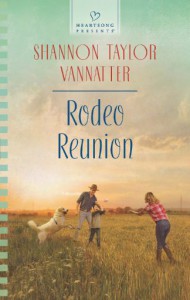
Connect with Shannon on Facebook: http://facebook.com/shannontaylorvannatter, Goodreads: https://www.goodreads.com/user/show/29672798-shannon-vannatter, Pinterest: http://www.pinterest.com/stvannatter/, and Twitter: @stvauthor.
Rodeo Reunion: RAQUEL MARRIS NEEDS A MAN WHO’LL STAY PUT
And Slade Walker’s not a likely candidate. Even if the former major league pitcher just agreed to coach her son’s little league team. The single mom can’t risk everything on a bronc-riding chaplain who’s only passing through Raquel’s small Texas town.
Slade is taking a hiatus from the rodeo circuit to meet the sister he never knew he had. But the pretty widowed nurse next door is making him think twice about hitting the road again. He can’t turn his back on the cowboys who need him, but Raquel and her boy need him, too. Can Slade fulfill his calling and finally find a place to hang his hat?
Purchase Links:
http://www.christianbook.com/rodeo-reunion-shannon-vannatter/9780373487851/pd/487851?event=ESRCG
http://www.amazon.com/Reunion-Heartsong-Presents-Shannon-Vannatter/dp/0373487851/ref=sr_1_5?s=books&ie=UTF8&qid=1431697907&sr=1-5&keywords=Shannon+Taylor+Vannatter



